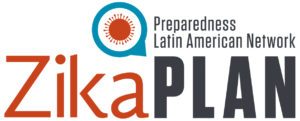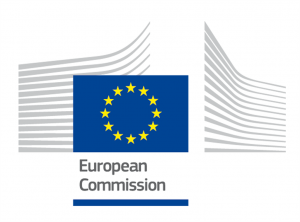Présentation
25 leading research and public health organizations from Latin America, North America, Africa, Asia and Europe united to fight Zika virus today and build long-term outbreak response capacity in Latin America.
ZikaPLAN takes a comprehensive approach to tackling the Zika threat, encompassing epidemiological surveillance, clinical studies, the development of innovative diagnostic tools and control strategies, in addition to education and knowledge-sharing. ZikaPLAN has received funding from the European Union’s Horizon 2020 research and innovation programme under grant agreement No 734584.
Research groups in ZikaPLAN conduct clinical studies to investigate Zika’s connection with congenital syndromes and neurological complications, as well as the pathogenesis of severe cases. They explore non-vector and vector transmission and risk factors for geographic spread, measure the burden of disease and study how the virus has evolved, comparing current and historic strains.
WP7 – Viral fitness: current versus historical ZIKV
Group leader: Dr. Louis Lambrechts, Institut Pasteur
Participating organizations:
- University of Leuven (KU Leuven)
- Fundación Universidad del Norte
Approach
The Viral Fitness group investigates evolutionary mechanisms underlying Zika virus emergence based on an experimental approach that is unique for at least two reasons:
- it uses both live mosquitoes and mice, which are more relevant than cell lines to assess fitness differences,
- it compares Zika virus strains that are more representative of wild-type viruses than reference strains, which have often been heavily passaged in cell culture.
Overall objective
Researchers are investigating whether ZIKV emergence is associated with adaptive viral evolution in the vector, i.e., viral fitness differences that may explain the observed recent increase in ZIKV transmission by mosquitoes among humans. It also will address whether contemporary ZIKV results in more severe neurological disease, different tissue tropism and higher viral loads in mice compared with historic Zika virus isolates.
Specific objectives
- Investigate whether ZIKV emergence is associated with adaptive viral evolution in Aedes mosquitoes,
- Determine viral fitness in vector competence assays of contemporary versus historical ZIKV isolates,
- Investigate whether contemporary Zika viruses result in more severe neurological disease in mice compared with historical Zika virus isolates,
- Investigate whether infection of mice with contemporary Zika viruses result in higher viremia levels in the testicles compared with historical Zika virus isolates,
- Compare tissue tropism of contemporary ZIKV isolates versus historical isolates in mice.





